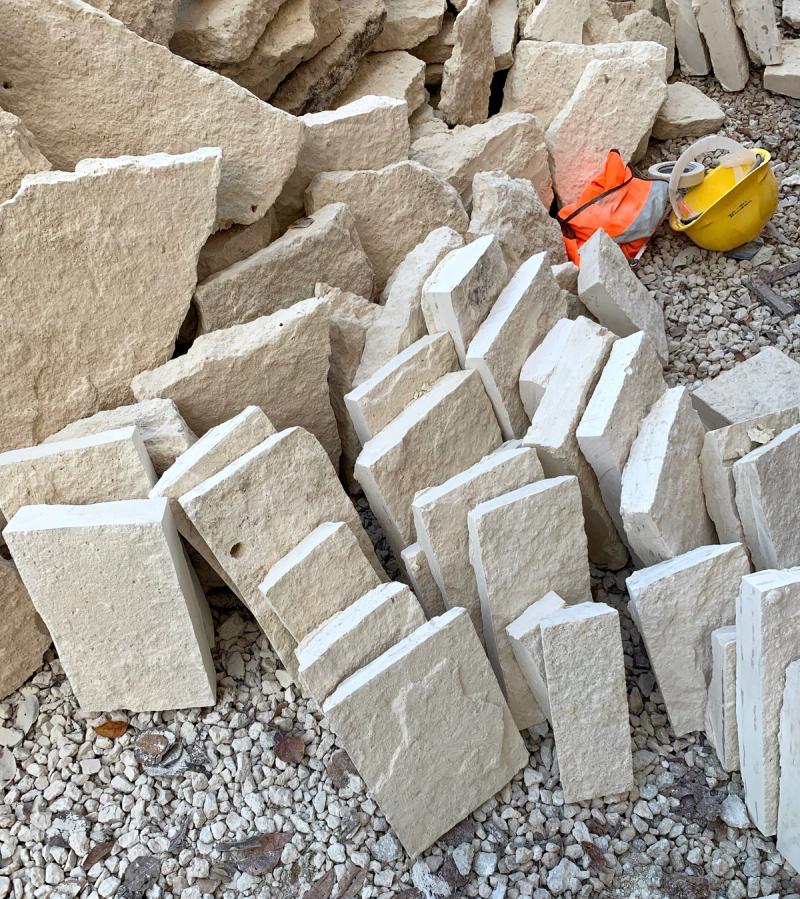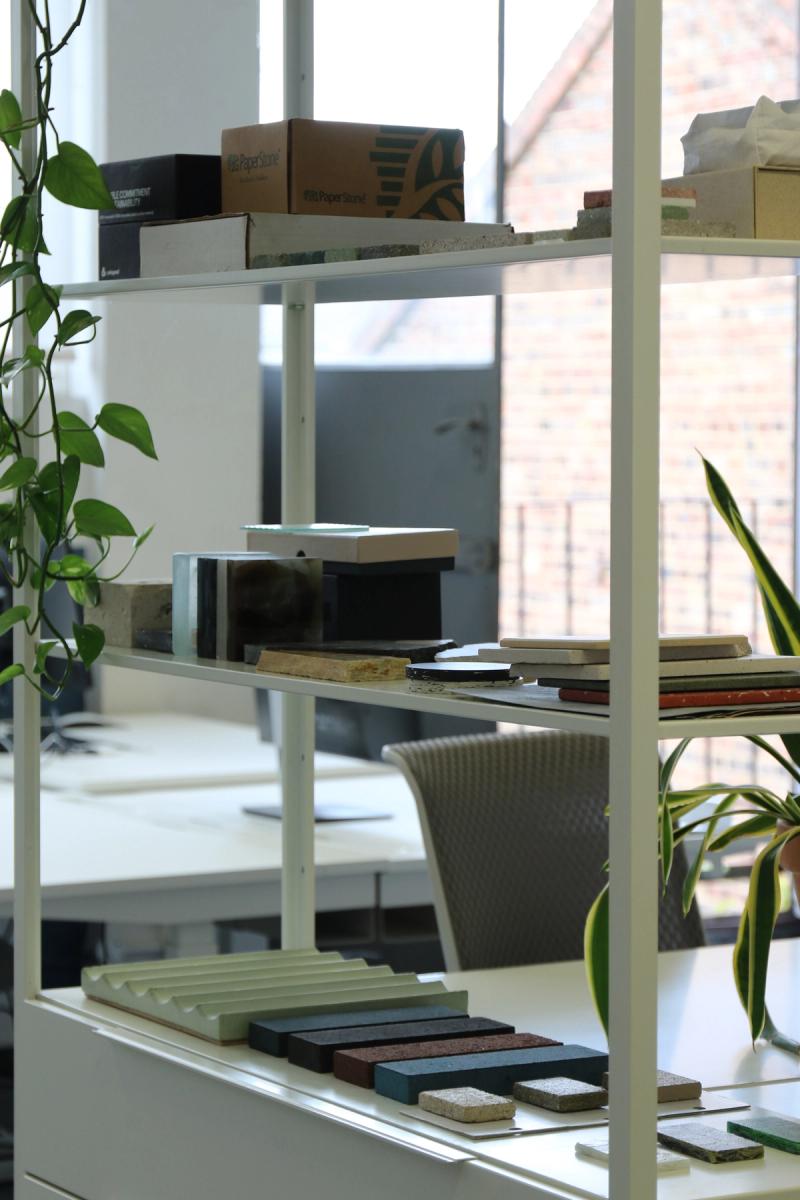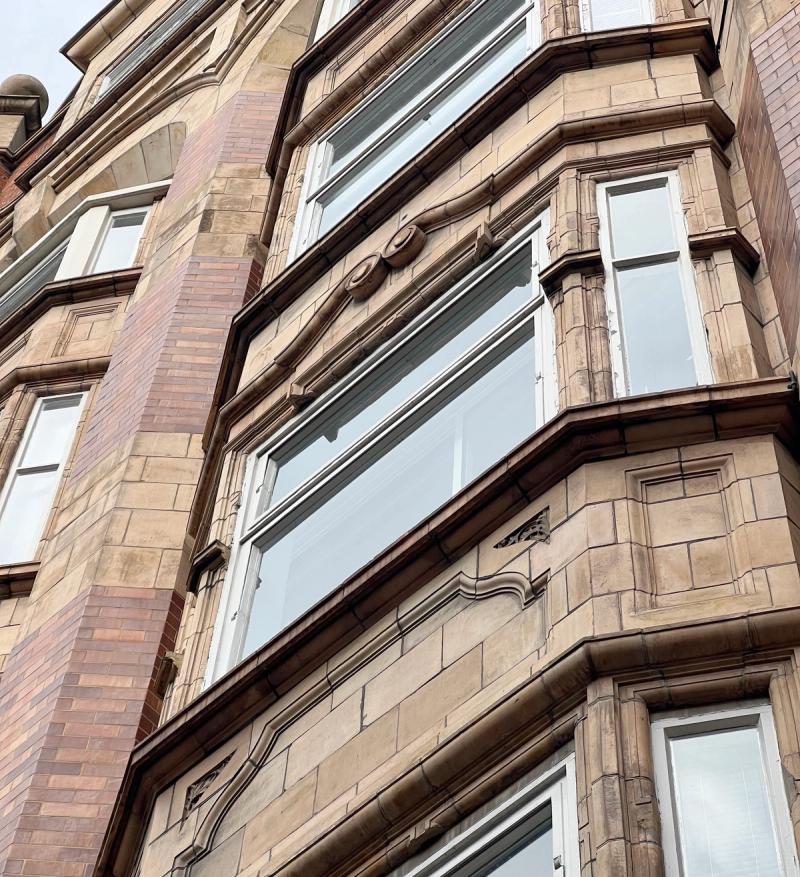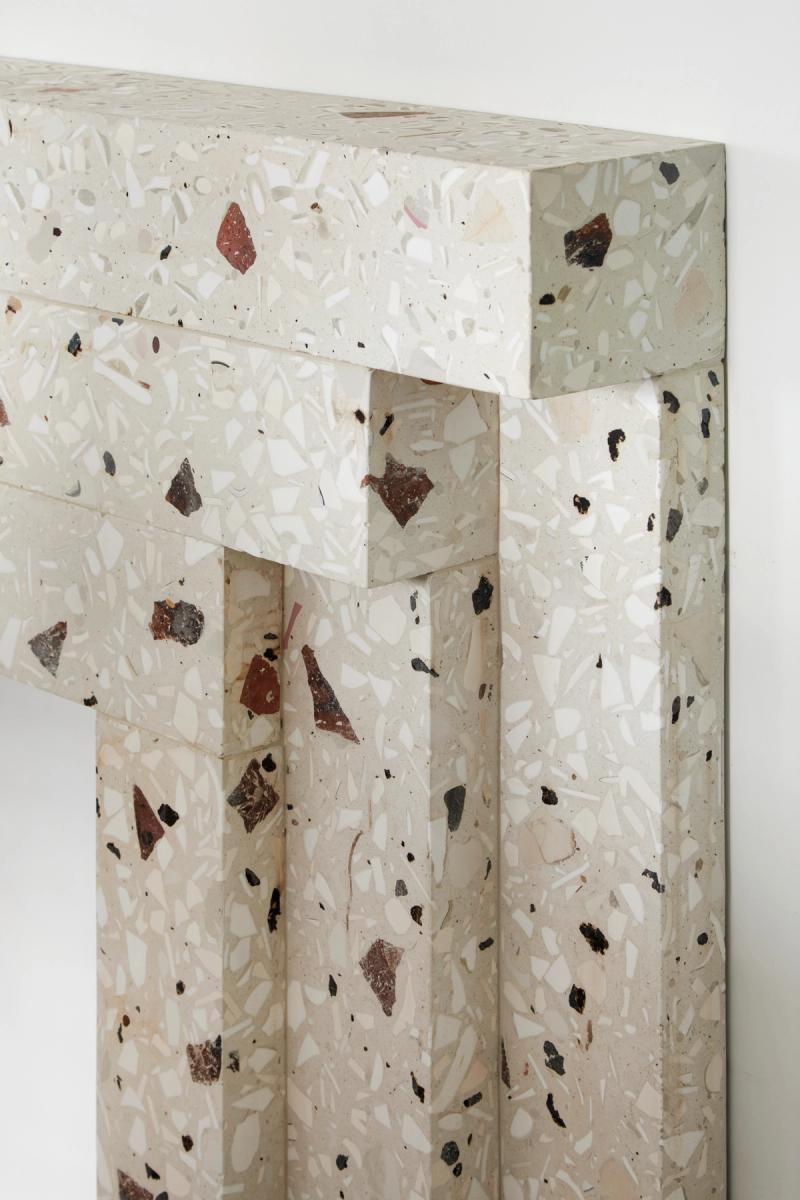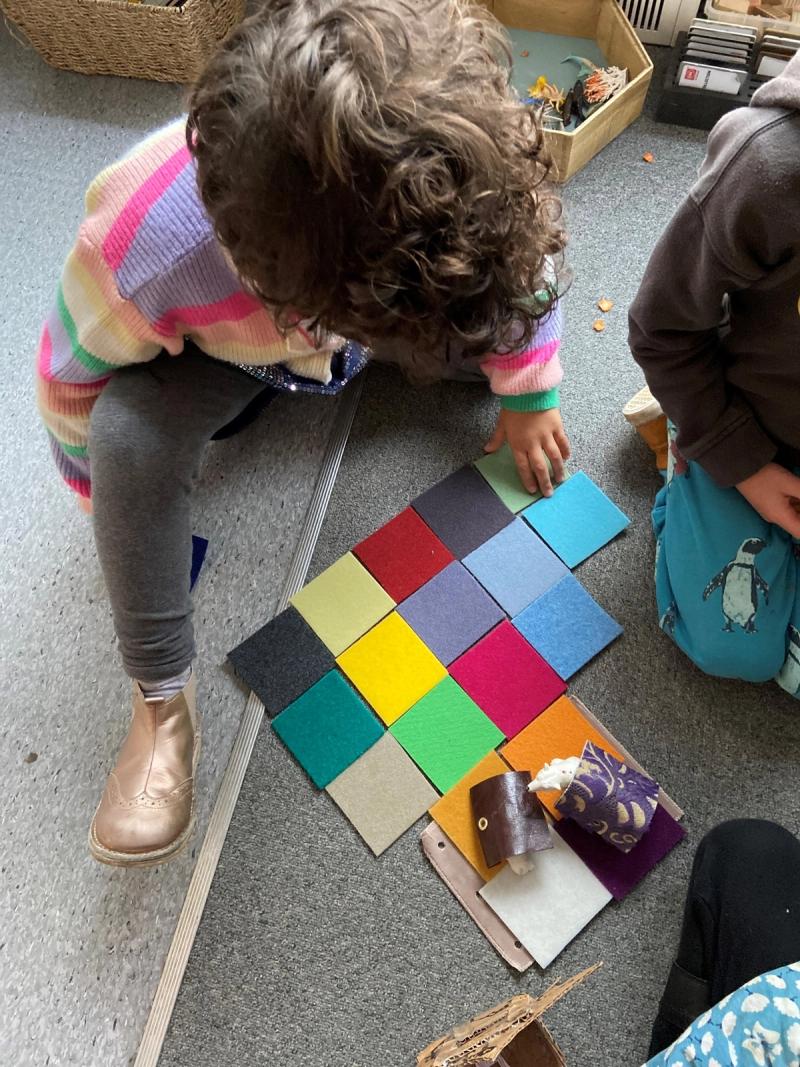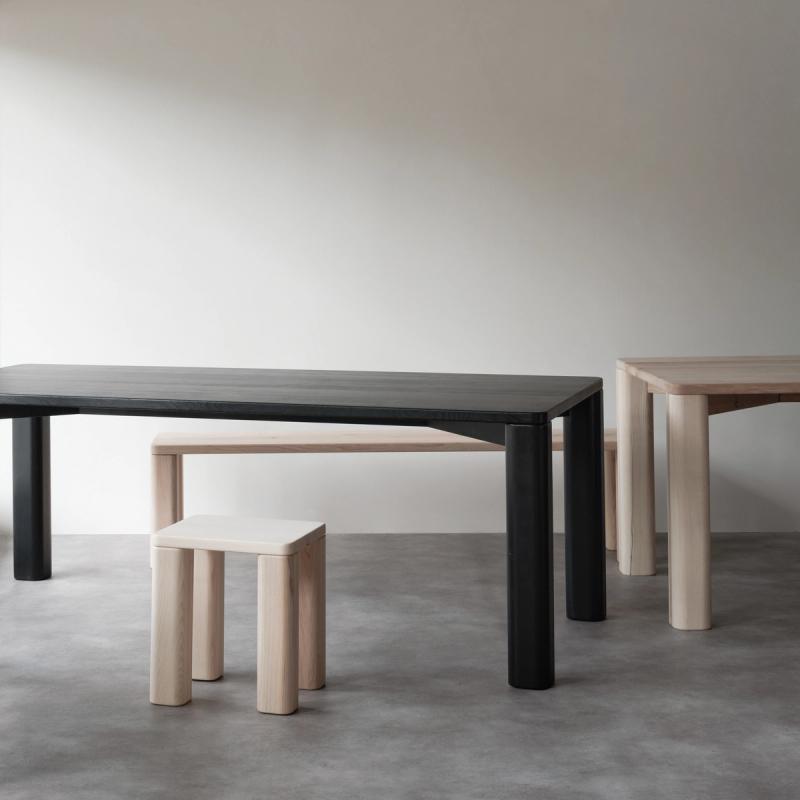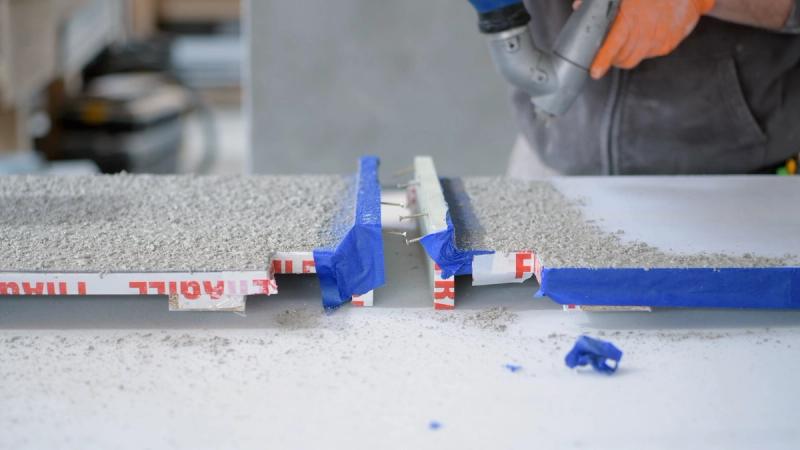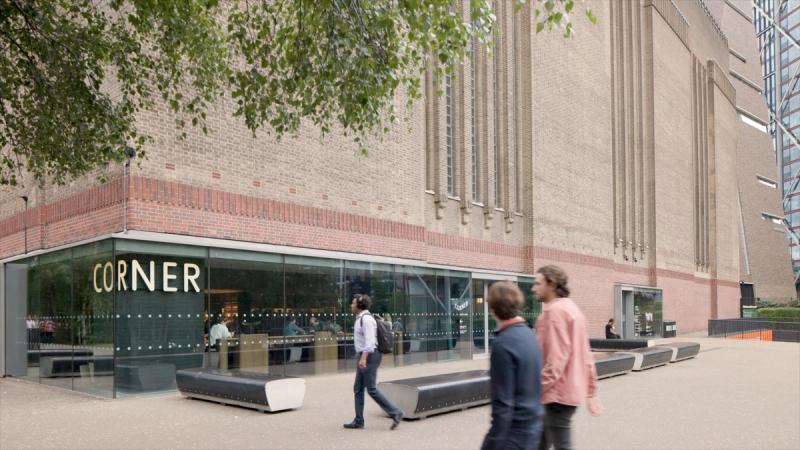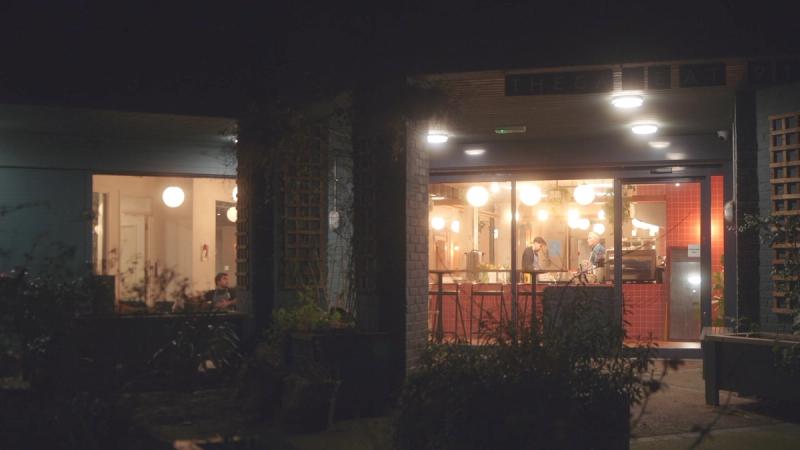Design for Rehabilitation
Shelter from the Storm (SFTS) is an Islington-based charity providing shelter and support for the homeless. Since 2018, we have supported SFTS, which offers 38 beds, freshly cooked meals, and holistic support to help guests reintegrate into society. At full capacity, the centre aims to assist over 180 people annually. In 2018, SFTS approached us with a unique challenge: transforming a disused supermarket into a permanent home for the charity.
At the heart of this project are the people who will use the space. Understanding the mindset of a guest entering the shelter for the first time was crucial. Sensitivity, domesticity, and warmth became our guiding principles.
The COVID pandemic was particularly challenging for the shelter. While most of us spent lockdown in the safety of our homes, those less fortunate had to rely on shelters like SFTS. To protect guests and volunteers, we revisited the project and designed screens to help keep everybody safe - guided by our belief that functional does not have to mean institutional.
We replanned the shelter to align with new social distancing rules and developed three types of Covid screens: small freestanding screens for dining tables, large movable screens for communal areas, and fixed suspended screens around the central kitchen. Our approach was to create 'soulful screens,' starting with the concept of designing a Covid screen suitable for a home. We used oak frames and suspended them, referencing picture frames or traditional window sets, while also incorporating playful elements through colour and shape.
The open-plan kitchen had to be enclosed on all sides, leading us to develop a suspended modular system with 'window panes' of three different lengths. This allowed the shelter to reconfigure the screens based on the time of day and the function of the space, whether for the daytime café or nighttime shelter. The components hang slightly above the countertop and are secured with removable oak blocks for easy cleaning. The screens were designed to fall short of the ceiling and have gaps between each module to reduce defensiveness.
For the dining tables, we created smaller, freestanding tabletop screens to retain the sense of communal dining. These screens are made from four pieces of coloured acrylic, cut into varying geometric shapes, and slotted together for easy assembly and reconfiguration. Their design, inspired by SFTS's colourful tablecloths, adds a playful touch to the space while addressing the national shortage of clear acrylic at that time.





